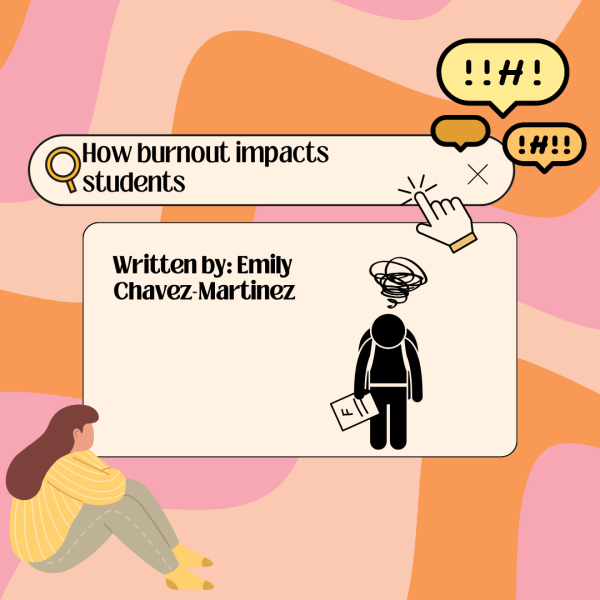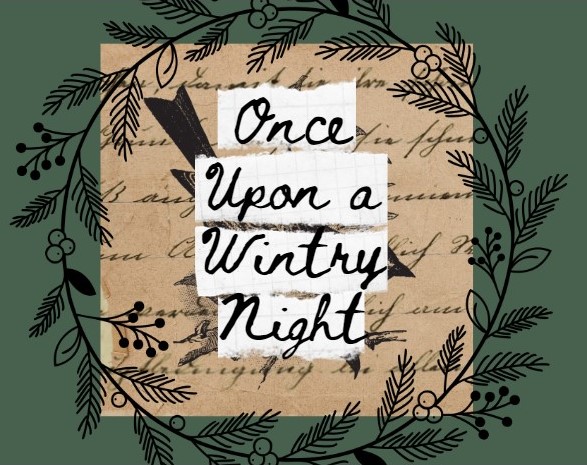Culture Curiousity: Balkans Edition Pt.2
Montenegro
Location: Southeast Europe, South of Bosnia, North of Albania.
Government: Republic.
Official Language: Serbian (Ijekavian dialect), Bosnian, Albanian, Croatian.
Montenegro is an underrated yet beautiful country. Similar to its people, the country’s traditions and customs value hospitality and their independence. Montenegro’s culture is quite similar to Albania’s, having that they also have a code of honor. Zakletva is an oath of revenge or vendetta, similar to the Albanian Besa. The law of vendetta is where one must take revenge on whoever killed their relative by killing either the murdered or the loved one of the murderer. Though it is vastly different when compared to Besa, both have similar connotations. An interesting tradition, that was later made into a law, consists of newly-weds planting an olive tree on their wedding day to symbolize their marriage. Turkish coffee, a common delicacy amongst the Balkans, is a popular drink. Not only is it a normal everyday beverage but, when hinting towards their hospitality, it is common to give a box of Turkish coffee or a bottle of wine when invited to someone’s house in Montenegro.
North Macedonia
Location: Europe, Southeast of Bulgaria, North of Greece.
Government: Parliamentary Democracy.
Official Language: Macedonian, Albanian, Turkish.
North Macedonia is well-known and somewhat prosperous country. Similar to its people, the country’s traditions and customs value friendship and generosity. When visiting or going out with a Macedonian, it is good to offer to pay for whatever is being served. Though you might not be able to, the offer is still important. Instead of giving gifts during events like weddings and birthdays, money is usually given (similar to other Balkan countries), and breaking bread over the heads of the married couple during weddings is said to bring happiness for their married life. Macedonians are very proud of their heritage, which is a mix of Slavic and ancient ancestors, so when visiting the country, like all others, foreigners should be cautious not to offend them. An interesting traditions that Macedonia has is Hidrellez, which is an annual Spring Celebration that occurs on May 6. The festival celebrates what is recognized as Spring Day.
Romania
Location: Europe, North of Bulgaria, Southeast of Ukraine, and Moldova.
Government: Republic.
Official Language: Romanian and Hungarian.
Romania is a beautiful and quaint country. With their festivals, celebrations, and proper etiquette, as well as their formal and family-oriented people, Romania’s culture as a whole revolves around respect for one’s age and positions, as well as past traditions. Sus pe Muntele din Jina or “High Up on the Jina Mountain” is a custom that is common in the Margnimea region of Romania. The folk region of Jina holds an annual celebration at the end of June/ beginning of July to celebrate the archaic traditions of the local culture to preserve their past practices. Traditional food, music, and dances are included in the celebration to showcase their customs. Romanian people often refer to each other with honorific titles, even with friends. “Domnul” for Mr. and “Doamna” for Mrs. along with the person’s last name.
Serbia
Location: Europe, North of Macedonia, South of Hungary.
Government: Republic.
Official Language: Serbian, Hungarian, Bosnian.
Serbia is a lovely country with an interesting customs. Its people as well as their traditions are very religious. Before a meal, Serbian people wish each other Prijatno before they start eating. Prijatno means something like “enjoy your meal” and not saying it is considered rude. It very similar to saying “cheers” in America, without the toast, it’s basic and customary etiquette. Serbians mean well in most of their beliefs. Before going to a job interview or important event, it is necessary for someone to toss water behind you. It is meant to wish or bring good luck to the person. Slava, also known as krsna slava, is a Serbian Orthodox tradition of the family’s patron saint. It is celebrated by all Serbs and every family has their own patron saint that they celebrate on feast day.
Slovenia
Location: Europe, South of Austria, North of Croatia,
Government: Parliamentary Democracy.
Official Language: Slovenian, Serbo-Croatian.
Slovenia is a peaceful and Respect and pride in their work is a huge part of the Slovenian culture and the trait is evident in its people as well. Slovenia Bonfire held on April 30th is a tradition that goes back for centuries. Since the 1890s, when Labor Day was first celebrated on May 1st, bonfires were lit the day before to symbolize workers rights. Nowadays, bonfires have become more of an act of social gathering than for worker’s rights. Beekeeping is also an important and oldest parts of Slovenia’s heritage. The traditional Slovenian bee species Apis mellifera carnica, more commonly as Carniolan honeybees, is something that Slovenians take a lot of pride in. In honor of Anton Janša, the first beekeeping teacher in the world during the 18th century, his birthday, May 20, is celebrated as World Honeybee Day. It is also important, just like in Romania and probably every country, to address people by their title (Mr., Mrs., or Miss.) followed by that persons last name.
Your donation will support the student journalists of Dakota High School. Your contribution will allow us to purchase equipment and cover our annual website hosting costs.

Alexa Profka is a Junior at Dakota. This is her third year as a part of The Dakota Planet. Alexa is very passionate about reading and writing, and...








